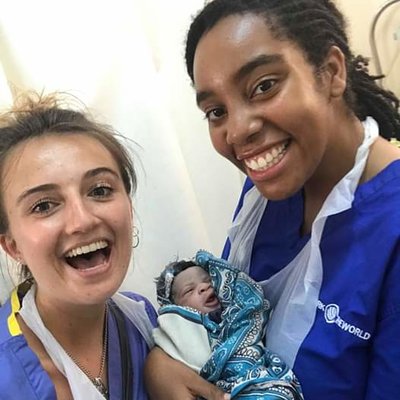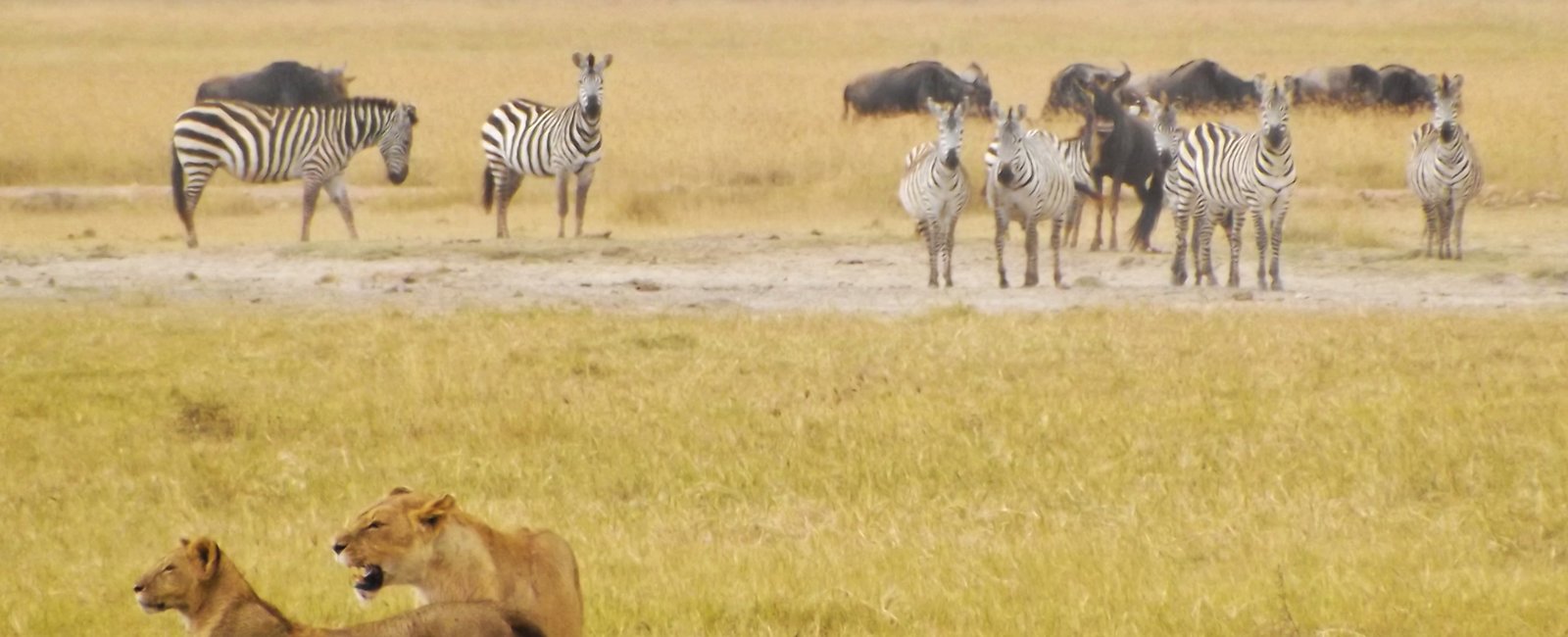University of Manchester 2020
 A couple of aspects stood out to me when I chose Tanzania. The placement hospital with its variety of children's wards and a trip to Zanzibar!
A couple of aspects stood out to me when I chose Tanzania. The placement hospital with its variety of children's wards and a trip to Zanzibar!
It made sense that my weekends off were spent relaxing on the white-sand beaches watching the sun rise and set.
At my placement hospital, there were multiple children's wards. During my six weeks, I had the opportunity to experience an oncology ward, neonatal unit, burns unit, theatres and intensive care.
In both the burns and oncology wards, the cases were very severe and progressive.
During my time at the oncology wound clinic, I observed blastomas and oversized tumours in the stomach and saw a throat tumour protruding through a patient’s mouth.
Similarly, on burns, there were open wounds that were treated without pain relief, so it was distressing at times.
I had the chance to assist with cleaning and dressing changes, and distracted the children with a wax toy I had brought with me, as they didn't have any toys in the children's wards.
In contrast, the theatres and paediatric intensive care unit (PICU) were much more advanced and modern, and they shared similarities with the UK's equipment.
In the PICU, I assisted with nursing patients on vents, updated charts, and used the ABCDE and GCS scoring systems to assess the patient.
Additionally, I assisted with bed baths, and during resus, I helped with bagging.
On the labour and delivery ward, I observed multiple types of births; breech assisted with forceps and suction, c-section and vaginal.
It was interesting to see how they assessed the labouring mothers with the limited equipment they had.
I also observed stillbirths, which were upsetting, so it's useful to prepare yourself for those experiences, too.
Although the health professionals spoke English, the patients often didn't, so it was useful to learn a few phrases like "breath", "push", and "congratulations" - just don't muddle them up!
Thankfully, we had Swahili lessons with a fantastic teacher twice a week in the Work the World house, which was very beneficial as it allowed us to communicate more with the patients.
Most health professionals spoke English in the hospital and were happy to teach and share their knowledge.
They were also very interested in our practices and asked us lots of questions.
I also participated in the Village Healthcare Week, which provided insight into rural Tanzania. During the mornings, I assisted with baby weighings, observed clinics, and visited a primary school.
Then, with our free afternoons, we biked to sugar cane plantations, hiked through the village to a nearby waterfall and joined in with traditional drumming and dancing.
the Work the World team were fantastic at integrating us into the Tanzanian community.
Outside of the nursing placement itself, the Work the World team integrated us into the Tanzanian community.
On Wednesday evenings, we went to Coco Beach, a highlight of my week, as we did karaoke on the sand with the locals.
Every Thursday, we also had a BBQ and learned traditional dances. We also celebrated a few birthdays with cake and songs.
We had free time on weekends to explore the museums, markets, cinema, and private beaches.
Zanzibar is high on the recommendation list. We explored Stone Town and Prison Island, where the turtle sanctuary is, and we snorkelled in the sea.
We also paddled to a restaurant in the middle of the sea and took a small rocky boat back.
On a further trip to Jozani Forest, we saw monkeys up close, and another weekend was spent on safari spotting lions, elephants and giraffes in their home territory.
It was breathtaking to see different environments undisturbed by modernisation.
I recommend Tanzania if you are open to learning about different cultures among welcoming people and seeing progressive hospital cases.
Choose Tanzania if you want a once-in-a-lifetime experience!
Read more about our Electives in Africa, where you'll discover various options in Tanzania and other exciting countries across the continent.

.jpg)
%20Thumbnail.png)
%20SQUARE%20.png)





